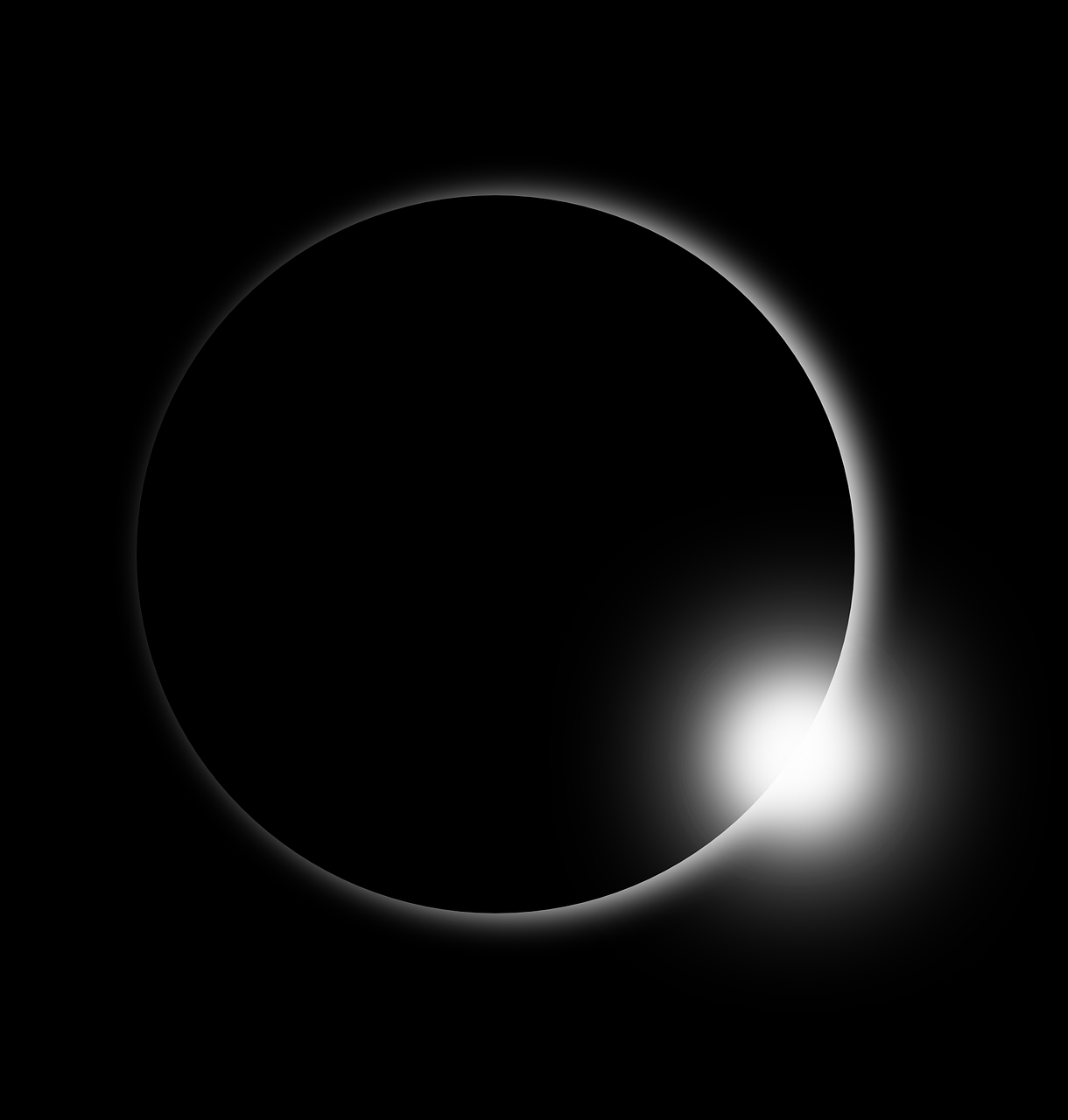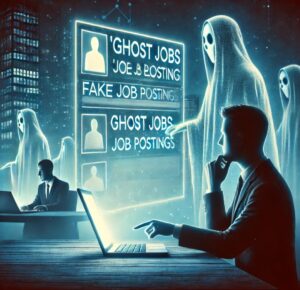
I have seen four solar eclipses in my lifetime. The first was in May 10, 1994; and the ot hers August 21, 2017; October 14, 2023 each have long paths stretching from coast to coast.
A truly awe-inspiring event, a solar eclipse is when the moon blocks any part of the sun from our view. The bright face of the sun is covered gradually by the moon during a partial eclipse, lasting a few hours. During the brief period of a total eclipse when the moon fully covers the sun (only a couple of minutes), the light of day gives way to a deep cloudy sky. The sun’s outer atmosphere (called the solar corona) gradually appears, glowing like a halo around the moon in front of it. Bright stars and planets become more visible in the sky.
Watching a solar eclipse is a memorable experience, but looking directly at the sun can seriously damage your eyes. Staring at the sun for even a short time without wearing the right eye protection can damage your retina permanently. It can even cause blindness, called solar retinopathy.
There is only one safe way to look directly at the sun, whether during an eclipse or not: through special-purpose solar filters. These solar filters are used in “eclipse glasses” or in hand-held solar viewers. They must meet a very specific worldwide standard known as ISO 12312-2.
Keep in mind that ordinary sunglasses, even very dark ones, or homemade filters are not safe for looking at the sun. How did I learn this? I spent many years selling precision industrial optics and learned through my research studies that It is sometimes said that humans see best at yellow–green wavelengths because they have evolved under a Sun whose blackbody spectrum has a Wien peak in the green part of the spectrum. However, as a function of frequency, the solar blackbody spectrum peaks in the infrared. Why did human vision not evolve toward a peak sensitivity in this range, if the eye is an efficient quantum detector of photons? Ok, that is ompletely another story. however, I included a link if you’d like to learn more about eyesight and the solar Wien peak https://aapt.scitation.or/doi/10.1119/1.1528917
Steps to follow for safely watching a solar eclipse:
- Carefully look at your solar filter or eclipse glasses before using them. If you see any scratches or damage, do not use them.
- Always read and follow all directions that come with the solar filter or eclipse glasses. Help children to be sure they use handheld solar viewers and eclipse glasses correctly.
- Before looking up at the bright sun, stand still and cover your eyes with your eclipse glasses or solar viewer. After glancing at the sun, turn away and remove your filter—do not remove it while looking at the sun.
- The only time that you can look at the sun without a solar viewer is during a total eclipse. When the moon completely covers the sun’s bright face and it suddenly gets dark, you can remove your solar filter to watch this unique experience. Then, as soon as the bright sun begins to reappear very slightly, immediately use your solar viewer again to watch the remaining partial phase of the eclipse.
- Never look at the uneclipsed or partially eclipsed sun through an unfiltered camera, telescope, binoculars or other similar devices. This is important even if you are wearing eclipse glasses or holding a solar viewer at the same time. The intense solar rays coming through these devices will damage the solar filter and your eyes.
- Talk with an expert astronomer if you want to use a special solar filter with a camera, a telescope, binoculars or any other optical device.
For information about where to get the proper eye wear or handheld viewers, check out the American Astronomical Society.
The Next Total Solar Eclipse: July 2, 2019 across South America
The next total solar eclipse will be in South America on July 2, 2019.
Still reading? I must have hit on something valuable! What do you think about solar eclipses?? Have you you ever seen one? Please share your thoughts in the comment area below.
Log on & read more at:
https://www.tonycrilly.com or https://www.tonemansblog.com/category/career/






